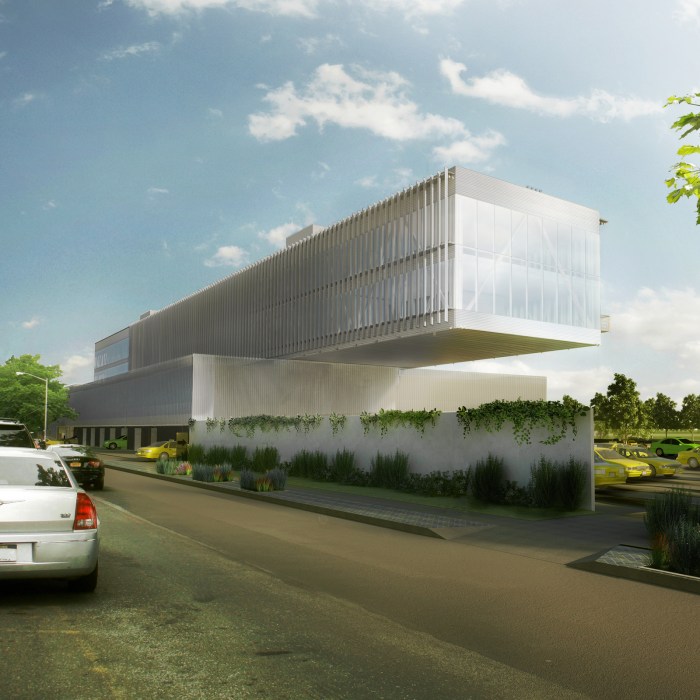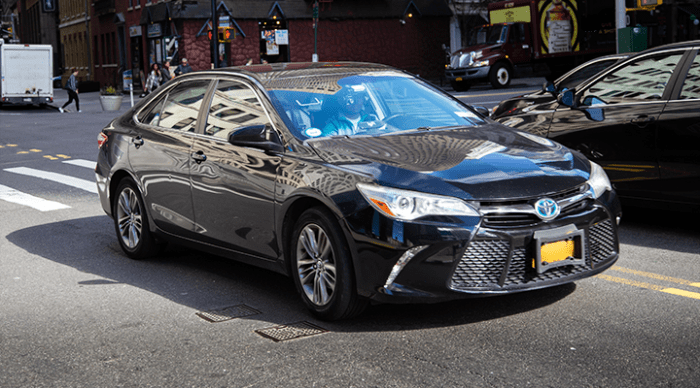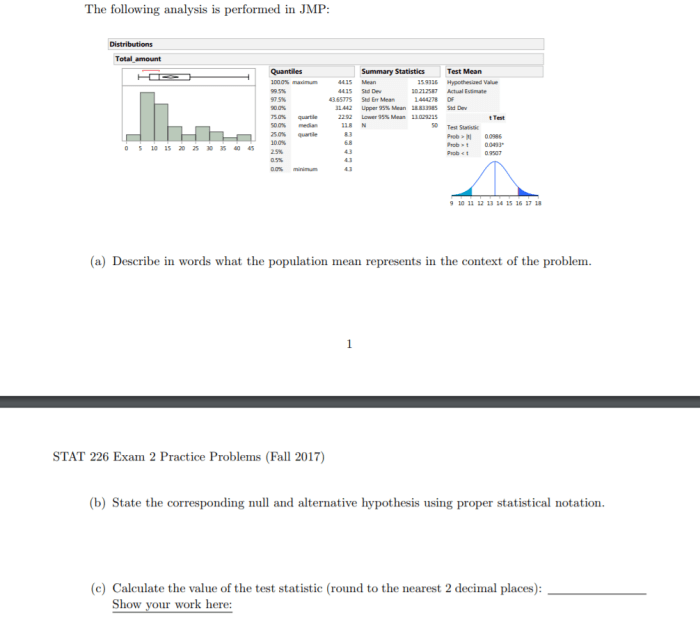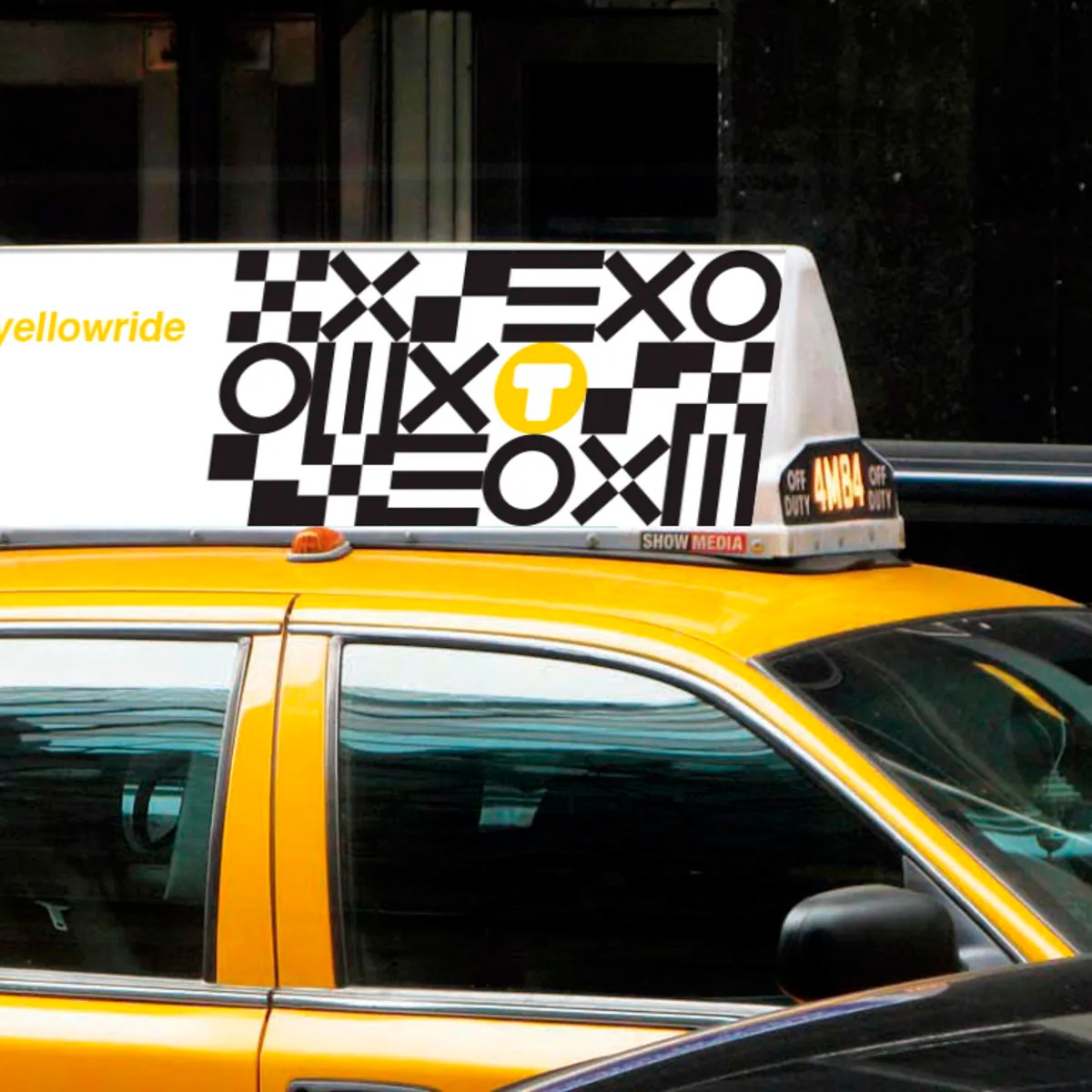Nyc taxi and limousine commission rules – The New York City Taxi and Limousine Commission (TLC) rules provide a comprehensive framework for the regulation of taxis and limousines in the city. These rules ensure the safety, reliability, and professionalism of these essential transportation services.
Established in 1971, the TLC has the authority to license and regulate all taxis and limousines operating in New York City. The TLC’s rules cover a wide range of aspects, including licensing requirements, vehicle standards, fares and fees, driver conduct, and passenger safety.
NYC Taxi and Limousine Commission Rules: An Overview

The New York City Taxi and Limousine Commission (TLC) is responsible for regulating the taxi and limousine industry in New York City. The TLC’s rules govern the licensing of drivers and vehicles, fares and fees, driver conduct and passenger safety, and enforcement and penalties.
The TLC was created in 1971 to replace the Taxi and Limousine Division of the New York City Police Department. The TLC is an independent city agency that is overseen by a five-member board of commissioners appointed by the Mayor of New York City.
Licensing and Vehicle Requirements
The TLC issues different types of licenses for drivers and vehicles. Drivers must have a valid TLC driver’s license, which requires a background check and a written exam. Vehicles must have a TLC vehicle license, which requires a safety inspection and proof of insurance.
Taxis are required to be painted yellow and must have a TLC medallion. Limousines are not required to be painted yellow, but they must have a TLC license plate.
Fares and Fees, Nyc taxi and limousine commission rules
The TLC regulates the fares that taxis and limousines can charge. Taxi fares are based on a meter that calculates the fare based on the distance traveled and the time spent in traffic. Limousine fares are typically negotiated between the passenger and the limousine company.
The TLC also charges fees for licenses, vehicle inspections, and other services.
Driver Conduct and Passenger Safety
The TLC has rules regarding driver conduct and passenger safety. Drivers are required to be polite and courteous to passengers and must obey all traffic laws.
The TLC also requires drivers to undergo background checks and vehicle inspections to ensure the safety of passengers.
Enforcement and Penalties
The TLC has a team of inspectors who enforce the TLC’s rules. Inspectors can issue tickets for violations of the TLC’s rules, and they can also suspend or revoke licenses.
Penalties for violations of the TLC’s rules can include fines, license suspensions, and vehicle impoundments.
Recent Developments and Future Directions
The TLC is constantly updating its rules to reflect the changing needs of the taxi and limousine industry. In recent years, the TLC has implemented new rules regarding ride-sharing services, such as Uber and Lyft.
The TLC is also exploring new ways to improve the safety and efficiency of the taxi and limousine industry. In the future, the TLC may implement new rules regarding autonomous vehicles and other emerging technologies.
Query Resolution: Nyc Taxi And Limousine Commission Rules
What are the different types of TLC licenses?
The TLC issues three types of licenses for taxis and limousines: medallion licenses, livery licenses, and airport car service licenses.
What are the vehicle requirements for taxis and limousines?
Taxis and limousines must meet specific safety and insurance requirements, including regular inspections and background checks for drivers.
How are taxi fares regulated?
The TLC sets base fares, surcharges, and payment methods for taxis. Limousines and other for-hire vehicles have their own fee structure.
What are the TLC’s rules regarding driver conduct?
Drivers must be professional, courteous, and obey traffic laws. They must also undergo background checks and training.
How does the TLC enforce its rules?
The TLC has a dedicated enforcement unit that investigates violations of its rules. Penalties for violations can include fines, license suspensions, and vehicle impoundments.


